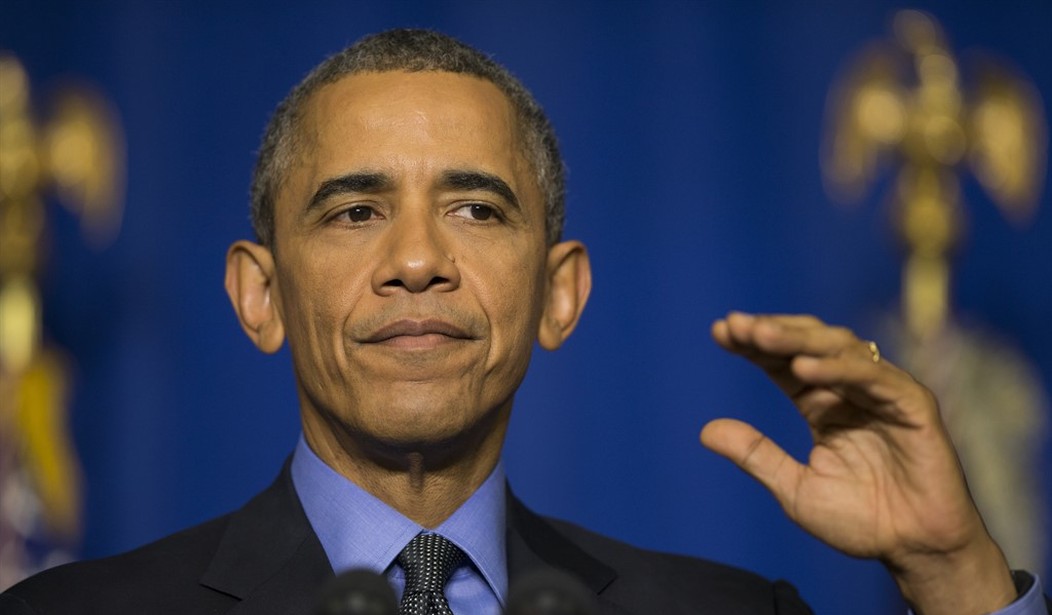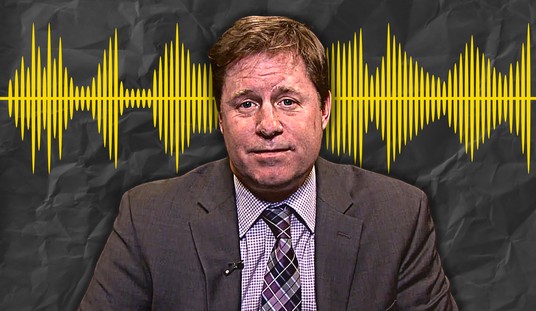After President Obama adamantly and repeatedly stated U.S. troops will not be placed in Syria or Iraq for combat roles, new Special Operations forces are on their way to the region to battle ISIS and take back territory and to kill ISIS leaders.
For the first time in the year-plus fight against Islamic State militants, the U.S. is putting American combat troops on the ground in a more permanent role in Iraq and Syria.
Defense Secretary Ash Carter told Congress on Tuesday that the U.S. military will deploy a new special operations force to Iraq to step up the fight against IS militants, who are determined to hold territory they have seized in Iraq and Syria. President Barack Obama previously announced he was sending fewer than 50 special operations forces to Syria.
In October, just days after Army Master Sgt. Joshua Wheeler was killed during a Delta Force raid and rescue mission against an ISIS target, the White House struggled to define the role special forces are currently playing in the region. White House Press Secretary Josh Earnest was very careful not to define their role as one of combat. From the October 26 briefing:
Q I've got a couple for you. First, did Master Sergeant Wheeler die in combat, in the President’s view?
MR. EARNEST: Well, this is a question that the Department of Defense and even the Secretary of Defense has talked about. There is no denying the fact that our men and women in uniform who are serving in Iraq in a train, advise, and assist role are serving their country in a very dangerous place. And in the situation that occurred at the end of last week, you had American military personnel who are serving in advisory capacity as Iraqi Peshmerga forces carried out a dangerous operation, and when those forces that are backed by the United States came under fire and were pinned down, our special operators in the field made the decision to respond.
And it put them in a situation where, yes, they were exchanging fire with the enemy and, tragically, one U.S. military servicemember was killed in that incident. And I think that is why the President has long acknowledged the commitment and service and bravery of our men and women who are currently serving in Iraq. However, that service is quite different than the mission that our military was pursuing in 2003 and 2004, and in the aftermath of the first -- or at least the Iraq invasion from 12 years ago. And that is not at all an effort to diminish the risk that our servicemembers are taking, but I do think it is important to differentiate between the set of responsibilities that they are given when they travel over there now.
Q I understand, but I’ve seen different comments from different people at the Pentagon, including the Secretary in one briefing saying, first it was train and support and advise, and then later saying this was combat. A military spokesman in Baghdad called it combat, and someone in D.C. said we have no boots on the ground in Iraq. It’s been a bit of a mish-mash in the message from the administration. That’s why I’m trying to get you to cut through that and let us know.
MR. EARNEST: Yes, well, I guess what I’m trying to do is try to describe to you exactly the situation that exists there now, which is that it’s a dangerous place, but also to help you understand how the mission that our military personnel inside of Iraq have right -- that the mission that our military service personnel are pursuing in Iraq is different than the mission that they were given when President Bush ordered them to invade Iraq back in 2003.
Recommended
Meanwhile, the White House is still receiving mounds of criticism from Republican and Democrat lawmakers on Capitol Hill over President Obama's failed military strategy against ISIS. Military leaders are also publicly criticizing the strategy, with Joint Chiefs of Staff Chairman Joseph Dunford saying during congressional testimony yesterday that ISIS is not "contained" as President Obama claimed just hours before the terror attacks on Paris two weeks ago.
























Join the conversation as a VIP Member